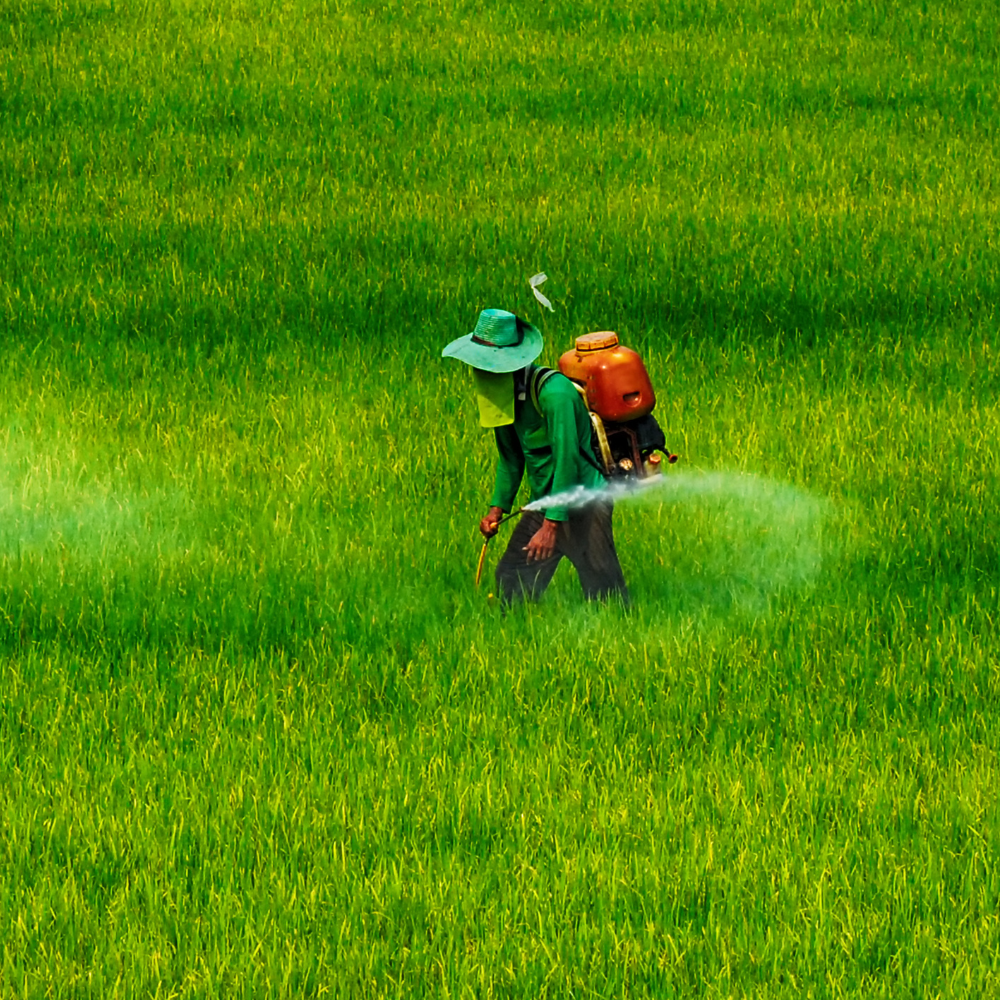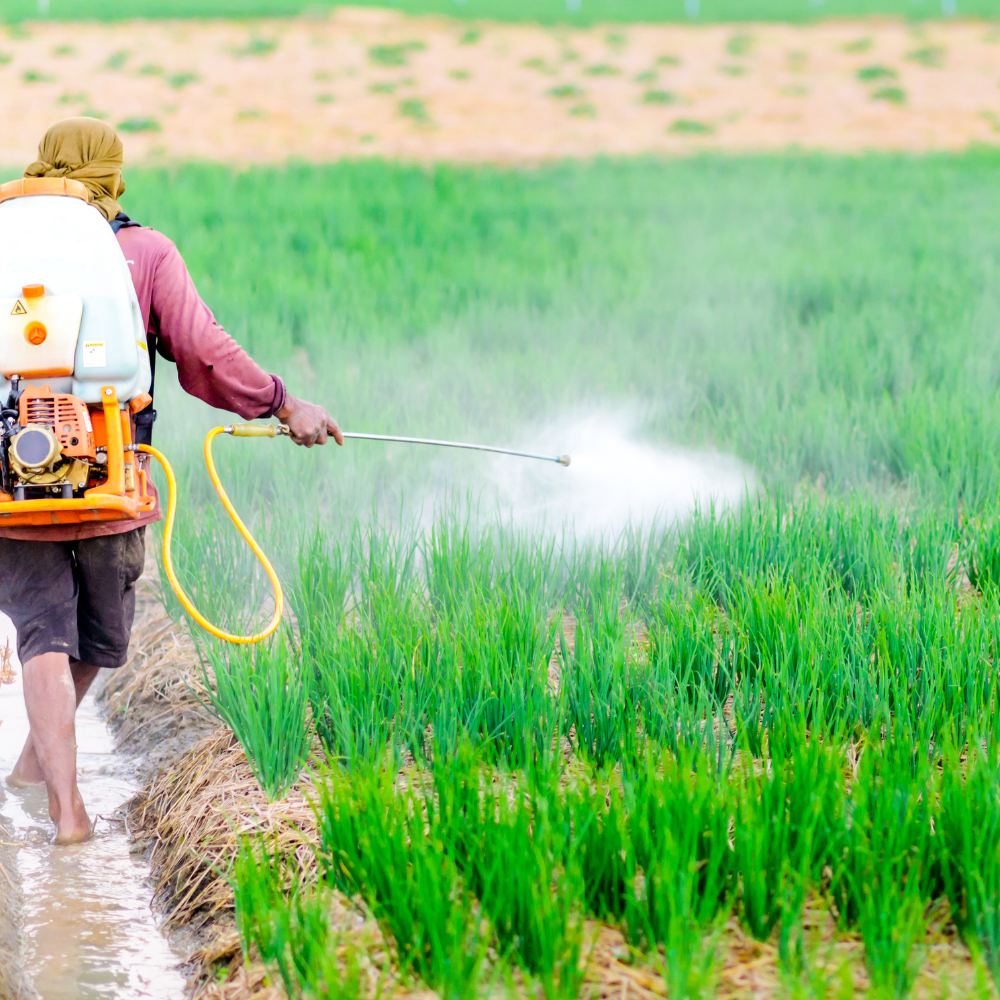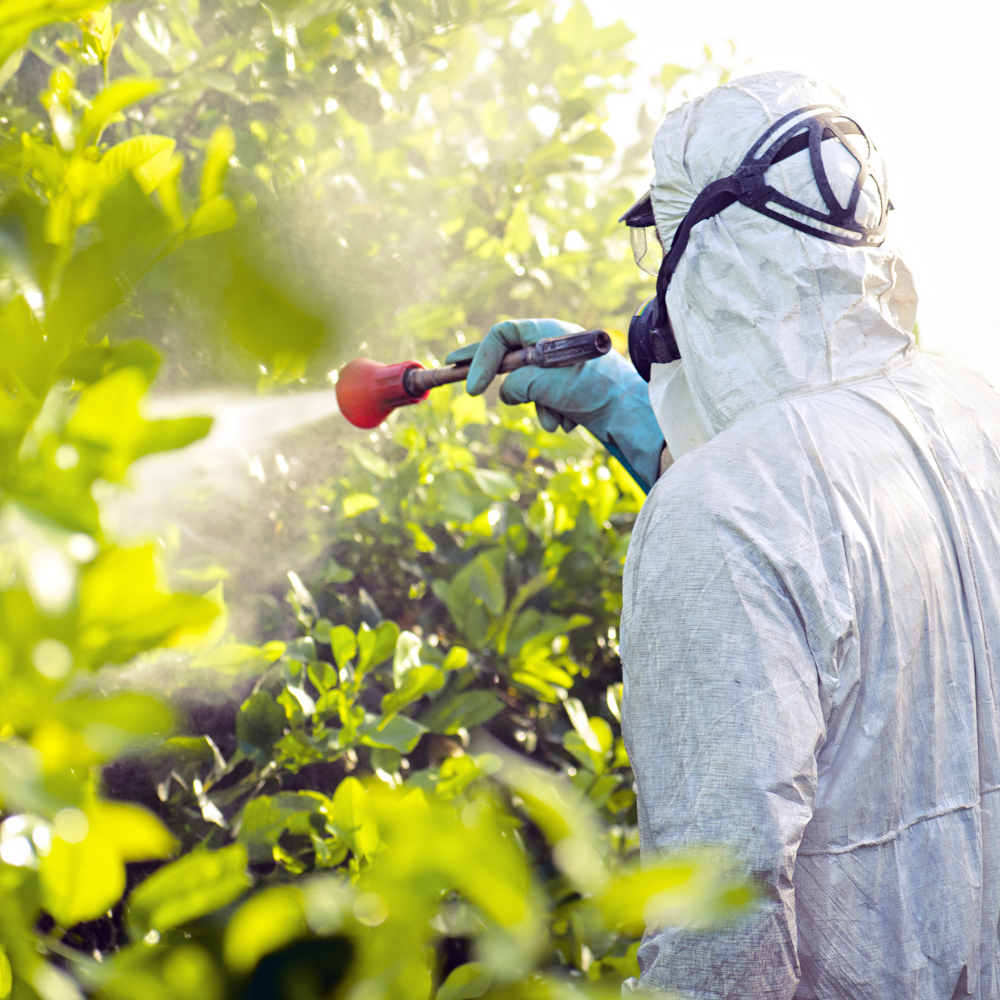“What are pesticides and Why are pesticides not used in agriculture?” is a question that arises due to the various concerns associated with these chemicals. Despite their effectiveness in controlling pests, pesticides are sometimes avoided in agricultural practices.
What are the reasons behind this? Why are pesticides avoided? Let’s discuss this further in our blog!
Understanding Pesticides – What are pesticides?
While there are many reasons to avoid pesticides, lets study what are pesticides. Pesticides are substances used to kill pests like insects, fungi, weeds, and rodents. There are many types of pesticides, such as insecticides, fungicides, and herbicides. In the past, certain insecticides called organochlorines were used to control diseases like malaria and typhus, but they were later banned because they harmed the environment and other animals.
After that, new types of insecticides like organophosphates, carbamates, and pyrethroids were introduced. They helped farmers control pests and increase crop yields. However, pesticides can harm not only pests but also other living things, including humans.
Unfortunately, some people use too many pesticides, thinking that more is always better. This has caused serious problems for both humans and the environment.
The Role of Pesticides in Agriculture
Agricultural development has a rich history across the globe, with innovations and advancements driving increased food production. Pesticides have been integral to this process, allowing farmers to combat pests and diseases that threaten crop yields.

Pesticides have become essential tools for farmers worldwide, enabling them to effectively control weeds and insects and significantly increase agricultural yields. Pesticides are classified based on various factors, including their chemical composition, mode of action, and toxicity levels. This categorization helps farmers select the most appropriate pesticides for their specific pest management need.
Hazards of Using Pesticides
Now that we know what are pesticides, lets see what are the dangers of using pesticides. Pesticides play a crucial role in agricultural production, enhancing food production and combating vector-borne diseases. However, their widespread use has raised significant concerns regarding their adverse effects on human health and the environment.
So let’s understand the impact of pesticides to gain knowledge on why pesticides should not be used in agriculture
Direct Impact on Humans
Pesticides pose serious health risks to individuals exposed to them, particularly those involved in their production and application. Workers in agricultural settings, including production workers, sprayers, and farm workers, face increased risks of pesticide exposure and related health issues. Neurological symptoms, cardiotoxic effects, and respiratory problems are among the documented health impacts associated with pesticide exposure.
Environmental Contamination
Pesticides can spread to the air, water, soil, and food we eat, which can harm the environment and the animals that live in it. Some pesticides, like DDT, stick around in the environment for a long time and build up in animals, like fish and birds. Other pesticides can mess with hormones in animals’ bodies, causing problems with reproduction, weakening their immune systems, and raising their chances of getting cancer.
Impact on Food Commodities
Pesticides left on fruits, vegetables, and other foods can make people worried about their safety and health in the long run. Tests have found that some foods have more pesticides than what’s considered safe. This shows that rules about pesticides need to be stricter and more carefully watched. Even foods like milk and baby formula sometimes have too much pesticide left in them, which means people are getting exposed to these harmful chemicals a lot.
Impact on the Environment
Pesticides, while effective against pests, can harm the environment by contaminating surface water through runoff. Studies have shown high levels of pesticides exceeding safety guidelines for aquatic life. Groundwater is also affected as pesticides leach into it, posing a global concern and cleanup efforts proving challenging.
Soil contamination from persistent pesticides can impact fertility and beneficial microorganisms, affecting agricultural sustainability. Additionally, pesticide sprays can drift or volatilize, contaminating air, soil, and non-target vegetation, disrupting ecosystems and nutrient cycling.
Impact on Non-Target Organisms
Pesticides can cause extensive harm to various non-target organisms across ecosystems, ranging from beneficial soil microbes to mammals and birds. Fish and aquatic organisms, such as river dolphins, are particularly vulnerable to highly toxic pesticides like chlorpyrifos, leading to fish kills and reproductive disruptions.
Marine and freshwater animals, including dolphins, otters, and shellfish, face risks from chemical pollutants disrupting entire aquatic ecosystems. Birds are directly affected by herbicides like trifluralin and 2,4-D,causing reproductive issues and habitat loss, while vitriol and brodifacoum pose ingestion risks and secondary poisoning. Even bats, important for insect control, can suffer from pesticide exposure, with evidence of reproductive impacts and high concentrations of contaminants in their tissues.

Pesticides Usage & Organic Farming
These above-mentioned factors emphasises upon understanding what are pesticides and how the interconnected nature of pesticide use and ecosystem health. As a result, governments, agricultural organizations, and farmers are increasingly recognizing the importance of adopting sustainable and eco-friendly farming practices.
One notable approach gaining popularity is organic farming. Organic farming avoids the use of synthetic pesticides and fertilizers, instead relying on natural methods to control pests and enhance soil fertility.
Organic farming also reduces the risk of pesticide exposure to both farmers and consumers. Additionally, organic farming promotes biodiversity, soil health, and sustainable agricultural practices, aligning with growing consumer demand for healthier and environmentally friendly food options.
As awareness of the adverse effects of pesticides grows, more farmers may turn to organic farming as a sustainable and safer alternative for both human health and the environment.This is why they are not using pesticides any more.
Additionally, integrated pest management (IPM) strategies advocate for a holistic approach to pest control, combining biological, cultural, and mechanical methods to reduce reliance on chemical pesticides.
As awareness of the adverse effects of pesticides grows, there is a growing momentum towards transitioning to more sustainable and environmentally responsible farming methods.




